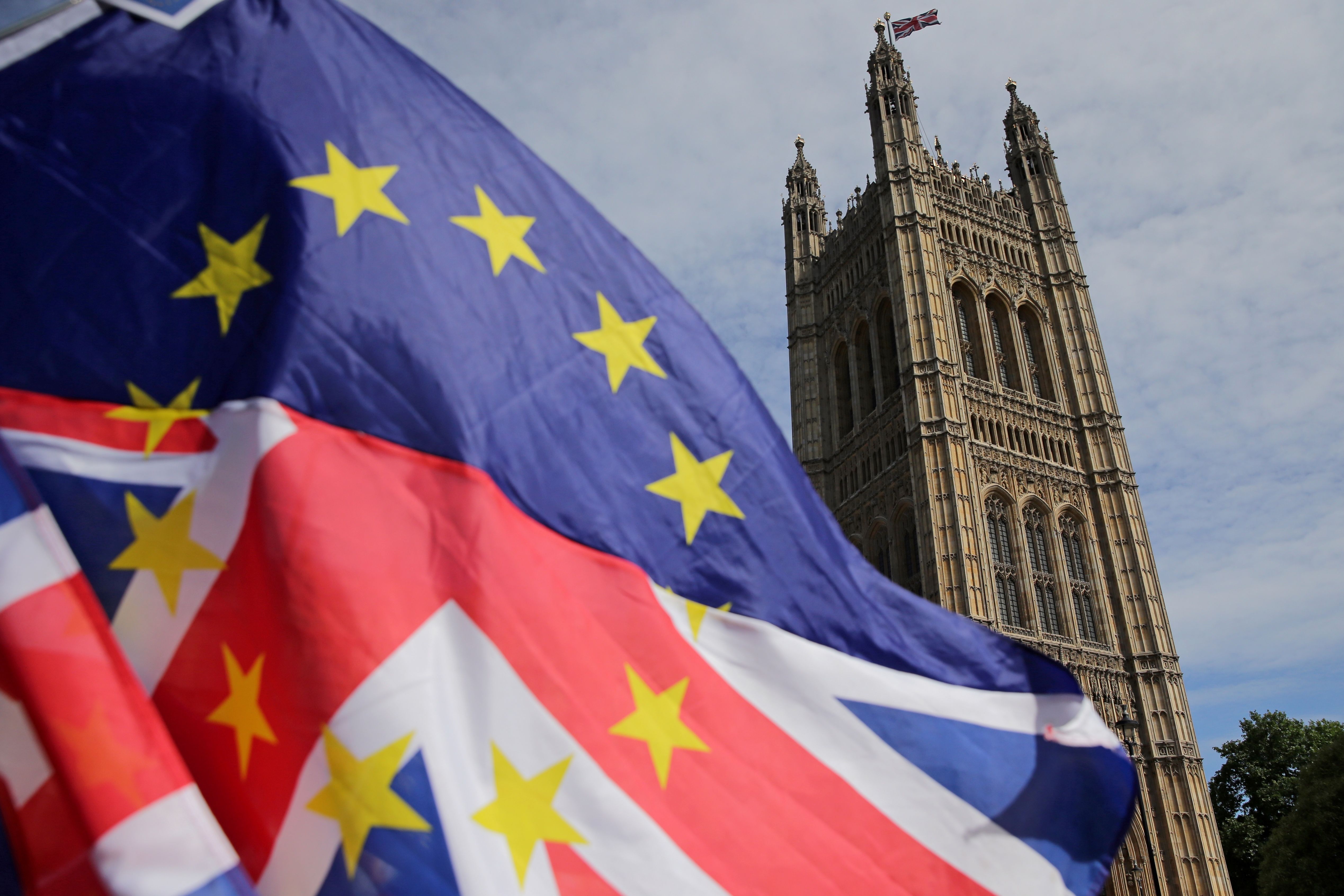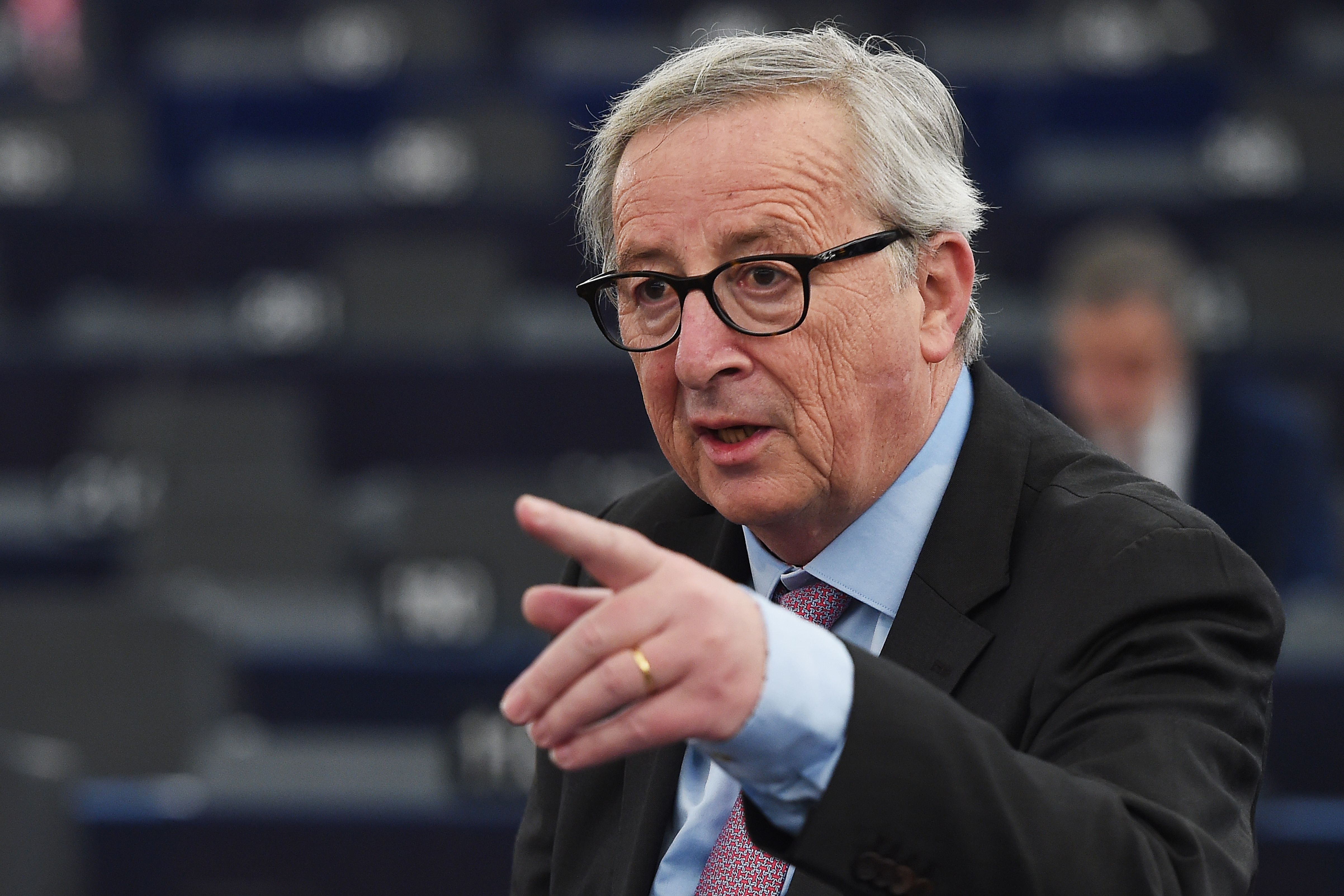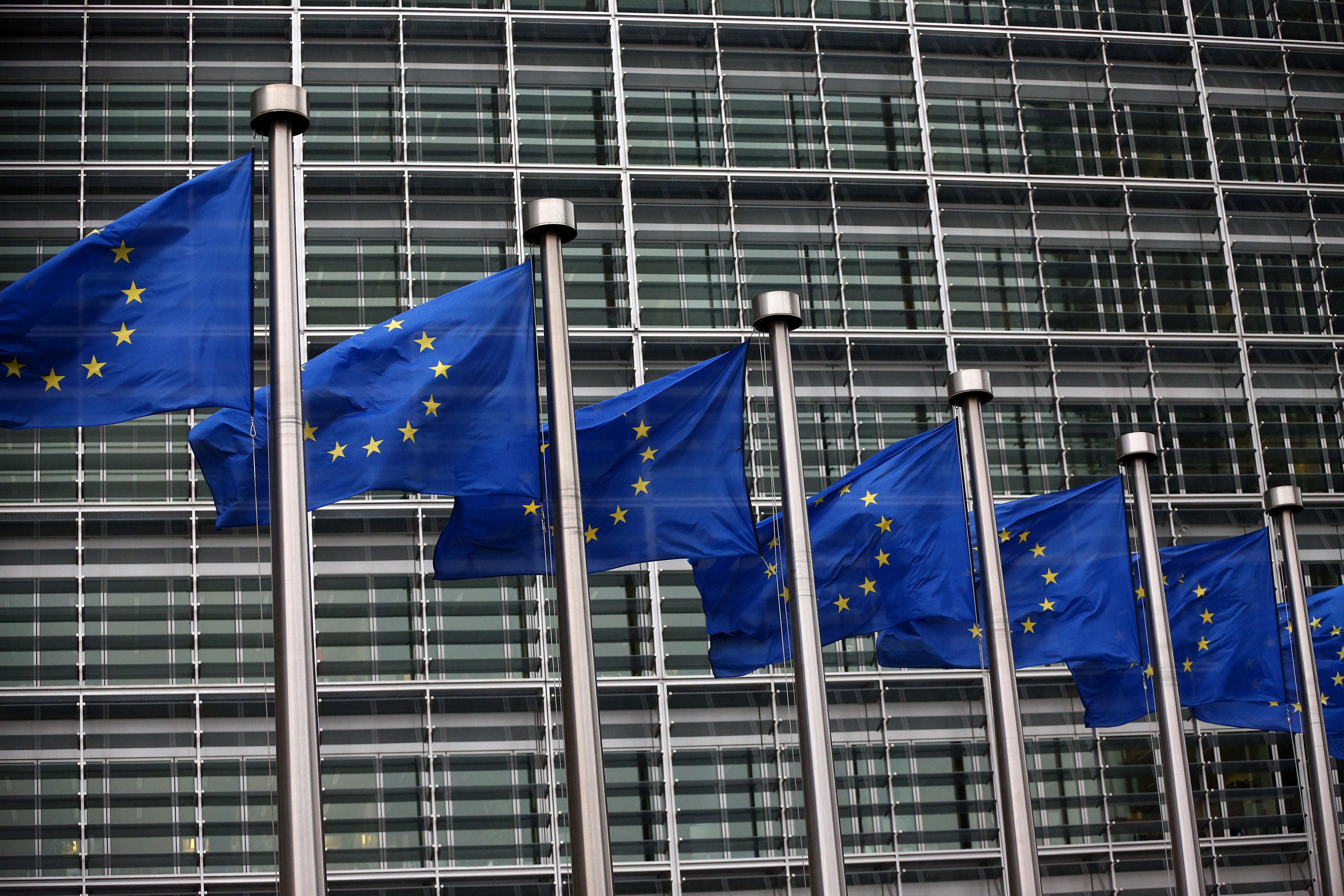Downing Street has released the text of Theresa May's letter to EU Council President Donald Tusk. It asks for an extension to the Brexit process until 30 June – after the European elections, which May says it would be "unacceptable" for the UK to take part in.
CNN's Luke McGee notes two significant dates: May 23 and April 11.
Why this is important: Elections to the European Parliament are due to begin across Europe on May 23. Some legal experts suggest the UK can't extend the Brexit process beyond this point without taking part in those elections. Others say the UK can remain in the EU until the new parliamentary session begins on July 1 – hence the UK's request for a delay until the day before.
The second significant date is April 11. This is the date by which the UK Parliament must legislate to take part in those European elections. That means Brexit must be resolved one way or another by then.





